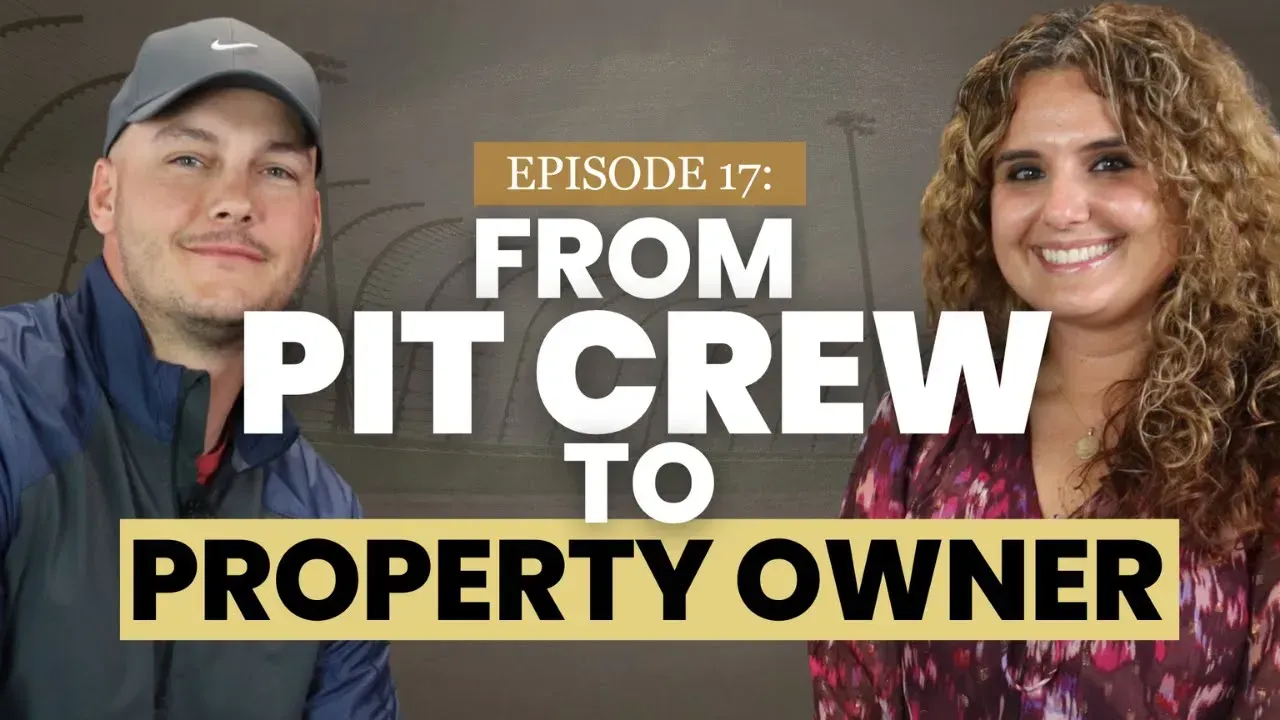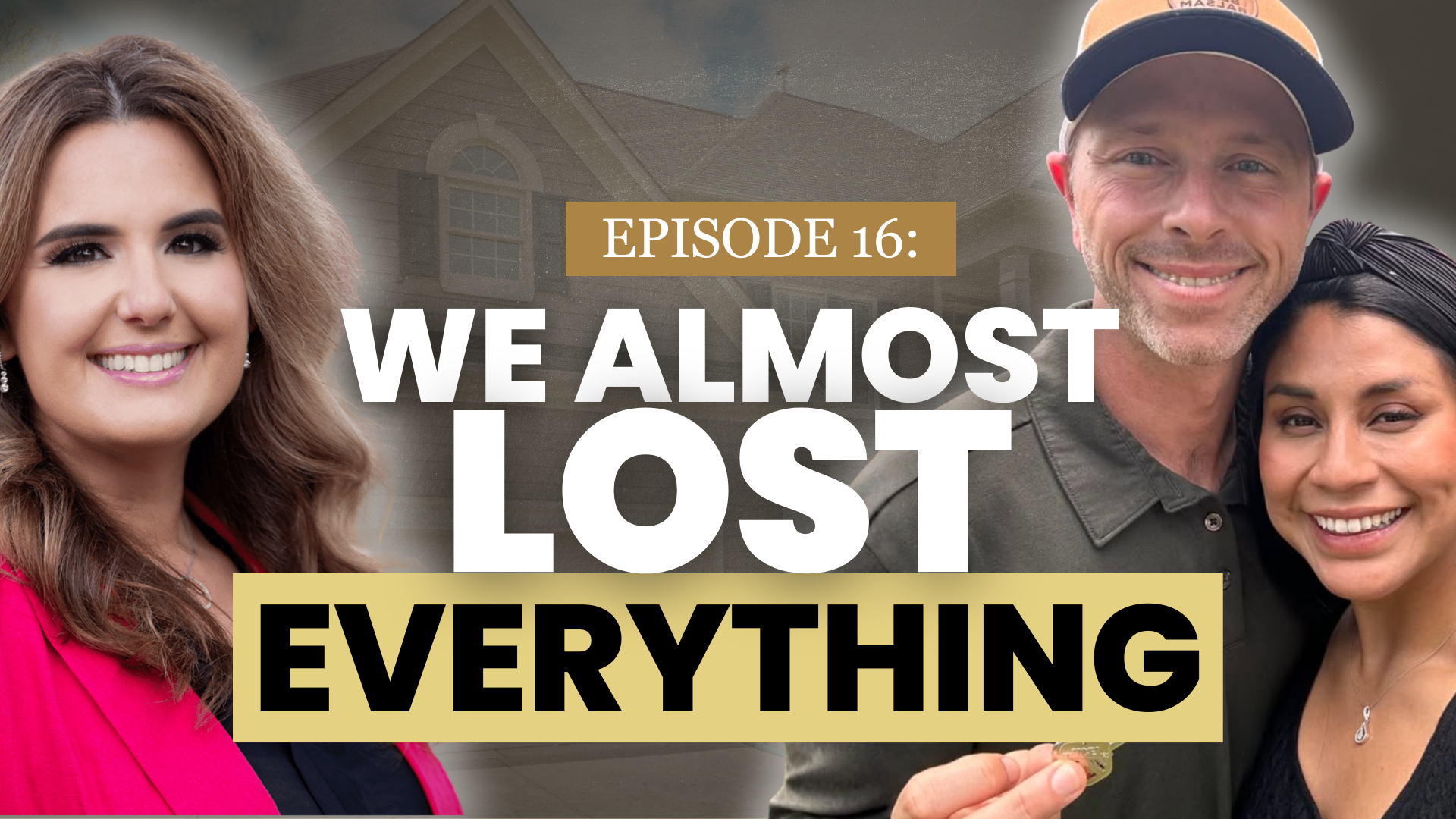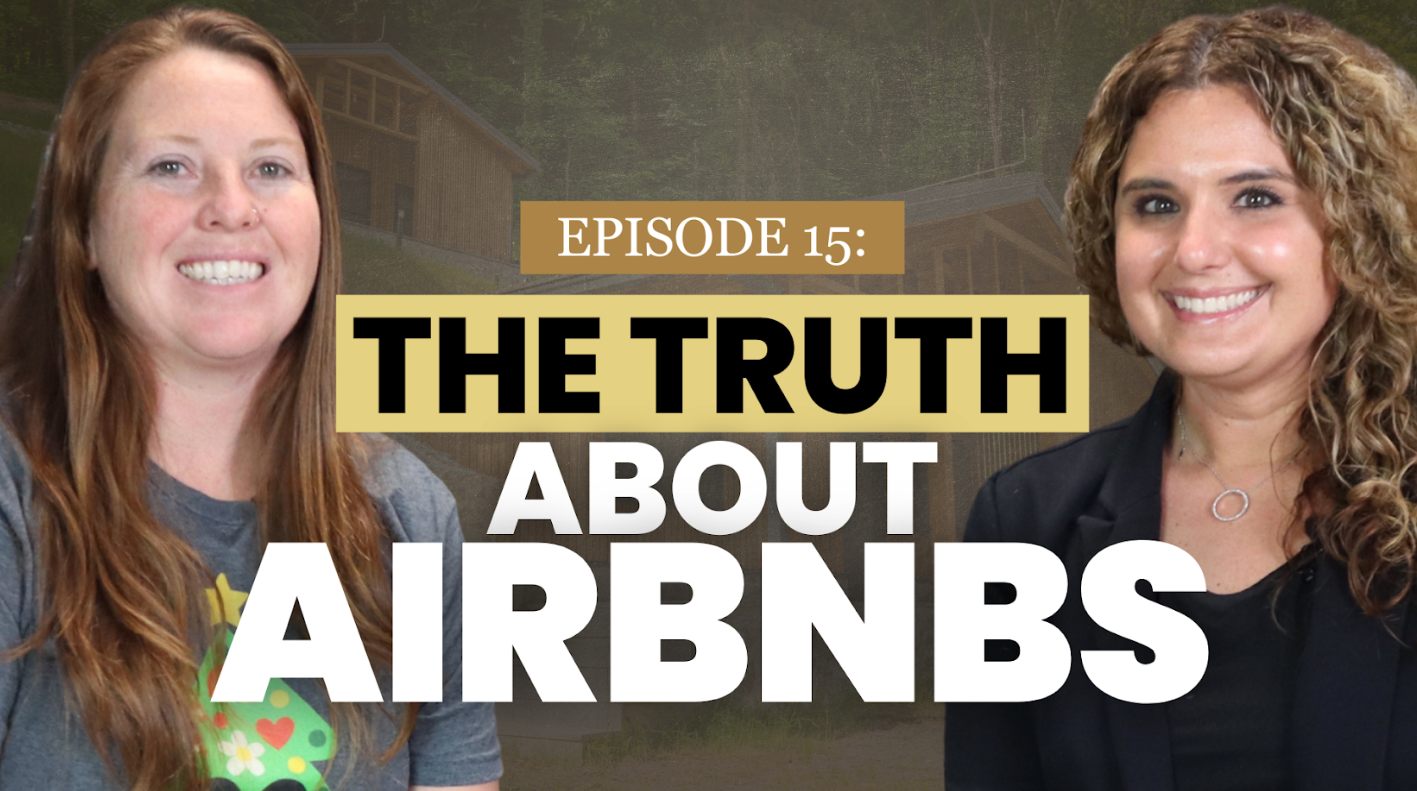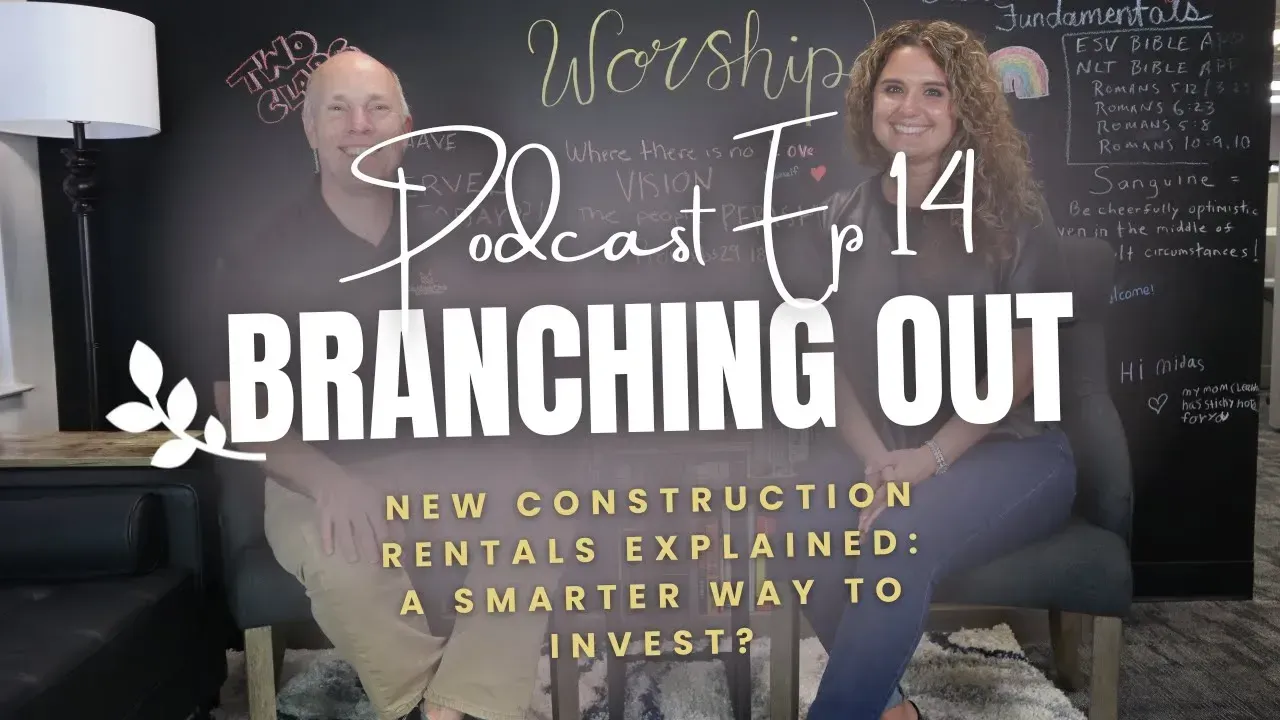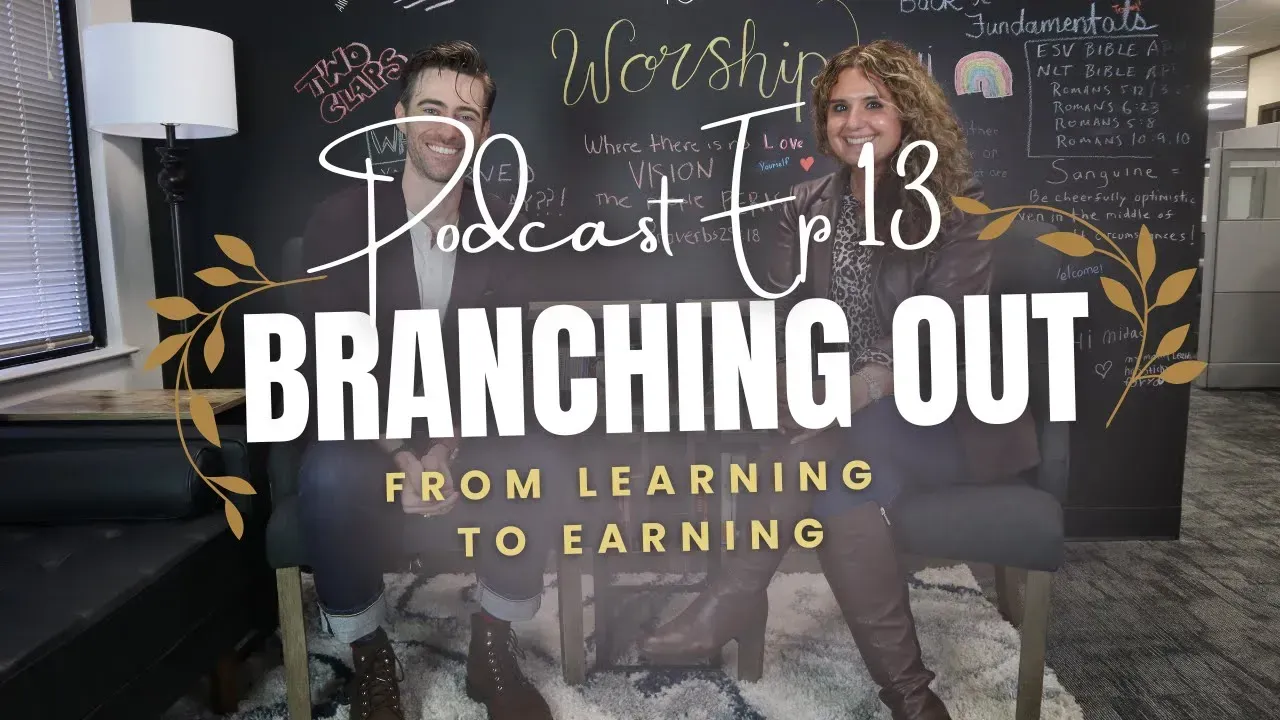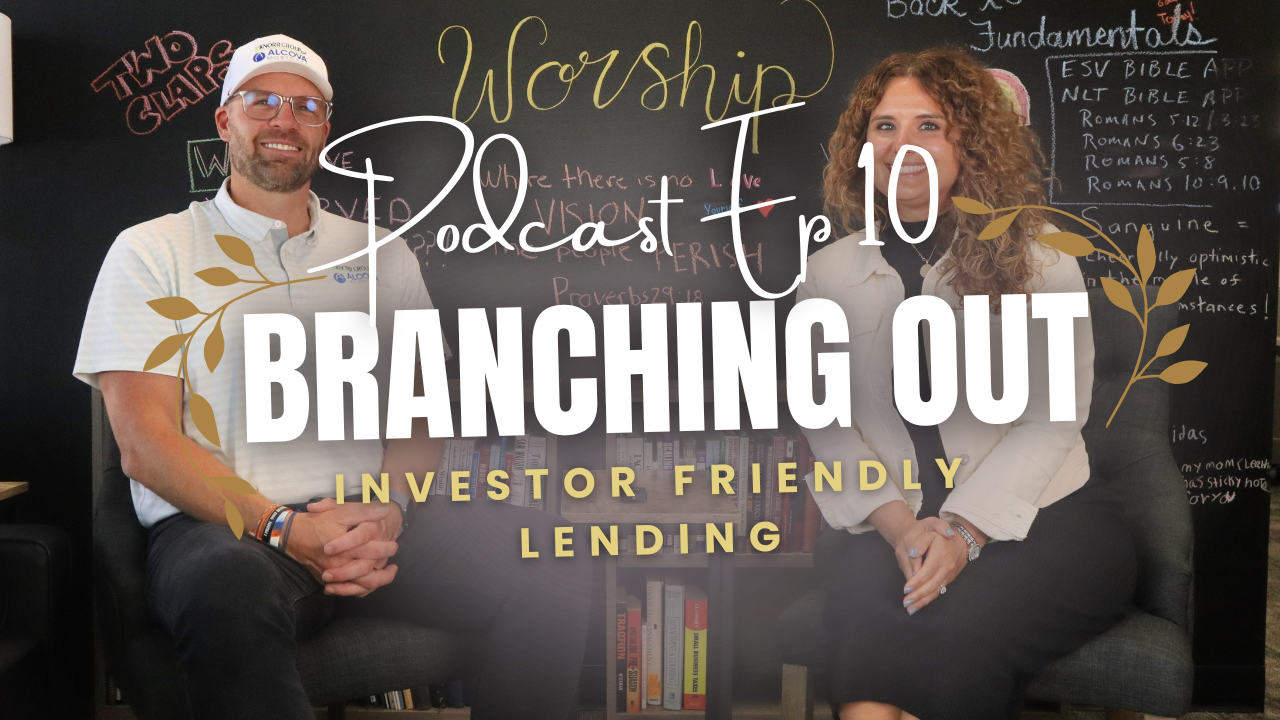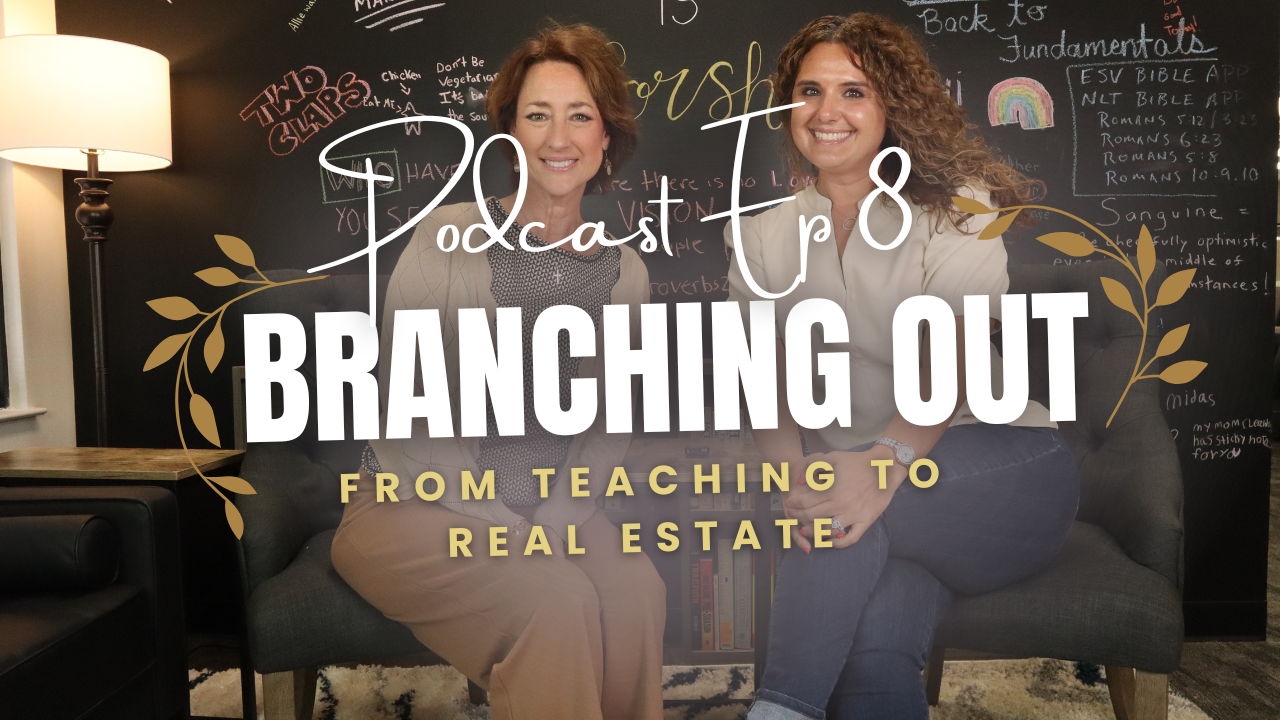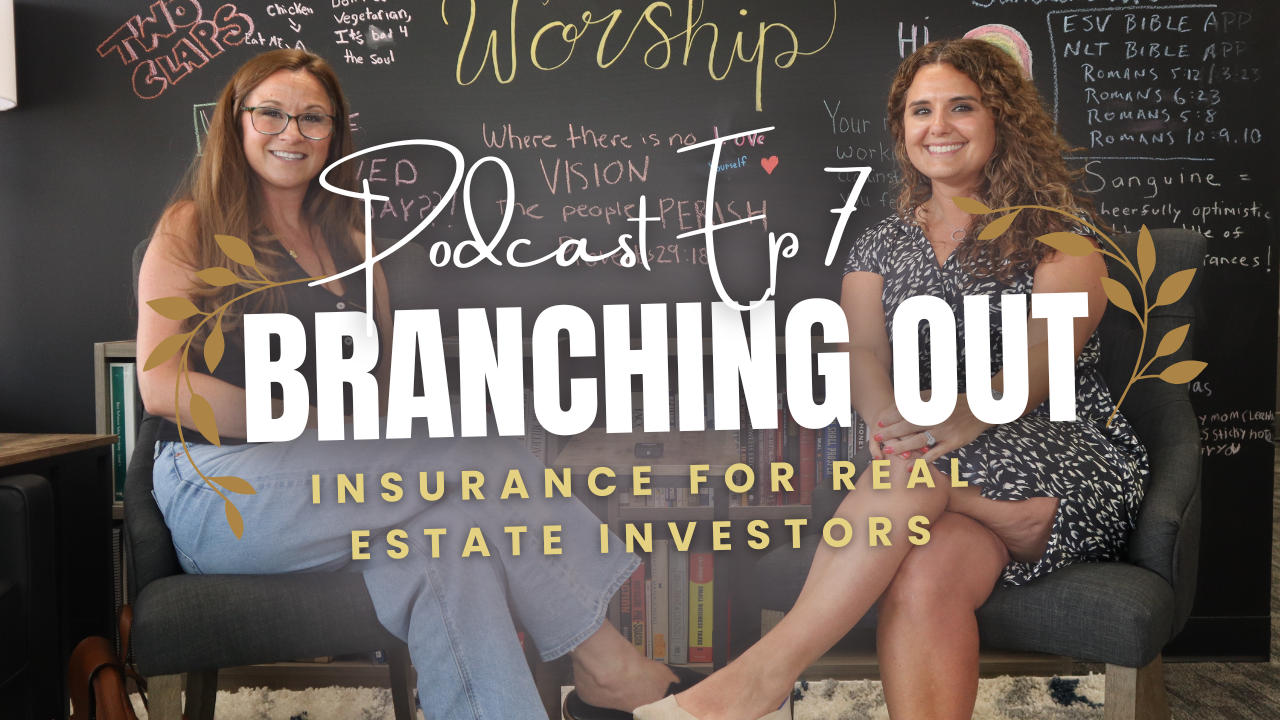How to Use a 1031 Exchange to Build Wealth Through Real Estate
How 1031 Exchanges Help Investors Keep More and Grow Faster
Insights from Matt Linville on the Branching Out Podcast
When it comes to growing wealth through real estate, taxes are often a silent threat—quietly chipping away at your gains. But there’s a powerful strategy that allows savvy investors to defer capital gains taxes and reinvest their full profits into bigger, better properties: the 1031 Exchange.
On this episode of Branching Out: Where Real Estate Meets Real Life, Christina sits down with 1031 Exchange expert Matt Linville to break it all down—rules, timelines, real-life examples, and some of the most common (and costly) mistakes.
🎥 Watch the full video on YouTube
🎙️Listen to the full episode here
What is a 1031 Exchange?
At its core, a 1031 exchange lets you sell an investment property and roll the profits into another one—without paying capital gains tax right away. The term “1031” comes from IRS Code Section 1031, which has existed in some form for over 100 years.
But as Matt says:
“It’s not a loophole. It’s a true gift from the IRS… If you’re selling investment property and you don’t want to pay tax on that gain right now, and you want to reinvest it into more real estate—the IRS says you can do that.”
The catch? You have to follow the rules very carefully.
The Process: How a 1031 Actually Works
Matt explains the steps investors need to take—and where many go wrong:
1. Talk to Your Tax Advisor First
“If someone doesn’t know their adjusted cost basis, they don’t know their real gain—and if they don’t know that, they can’t know whether a 1031 is worth doing.”
Before anything else, make sure your CPA confirms that a 1031 makes financial sense for your situation. Not all properties or all gains justify the process.
2. Use a Qualified Intermediary (QI)
You can’t touch the proceeds from your sale—not even for a moment. A QI handles the funds and coordinates the exchange. Without one in place before closing, the 1031 is invalid.
“The saddest call I get is someone saying, ‘I closed yesterday—can I do a 1031?’ Unfortunately, the answer is no.”
3. Understand the Timelines
Day 0: Your property sells, and the 1031 clock starts ticking.
Day 45: You must formally identify up to 3 potential replacement properties.
Day 180: You must close on one (or more) of those properties.
“Those are calendar days—vacation days, sick days, frustrated days—they all count.”
Major Misconception
That you have to replace your property with one that’s exactly the same type.
Matt clears it up:
“You can sell land and buy a car wash. You can sell a car wash and buy a beach rental. The IRS only cares that the property is real estate, used for investment or business purposes.”
So yes—you can sell a single-family rental and trade into a warehouse, a retail space, or even a short-term rental in the mountains.
Pro Tips and Pitfalls
Matt explains the steps investors need to take—and where many go wrong:
1. Don't wait till the last minute
The biggest disservice investors do to themselves is not planning early.
2. Always identify backup properties
Deals fall apart. If you only list one property and it falls through, the exchange fails.
3. 1031s aren't for everyone
Not every investment sale needs a 1031. But if you could save 30–35% of your equity from taxes and reinvest it? It’s worth a conversation.
Why Matt Loves This Work
“The 1031 treats every taxpayer the same. Whether you’re a mom-and-pop landlord or a corporation selling five hotels, it gives you the chance to keep your equity and build something meaningful—maybe even generational wealth.”
Matt also shared that he’s worked with everyday investors, celebrity clients, and even folks trading aircraft before the 2018 rule changes. But what matters most to him is helping people make smarter, more empowered decisions with their assets.
Want to Learn More?
Matt works for Investors Title Exchange Corporation and is available directly at:
📱 984-484-8685
📧 mlinville@invtitle.com
🌐 https://www.invtitle.com/matt-linville
Want Help Navigating Real Estate Investing?
We offer strategy sessions and educational workshops for investors looking to maximize returns, minimize taxes, and grow with confidence.
Reach out to Branch Wealth Partners →



